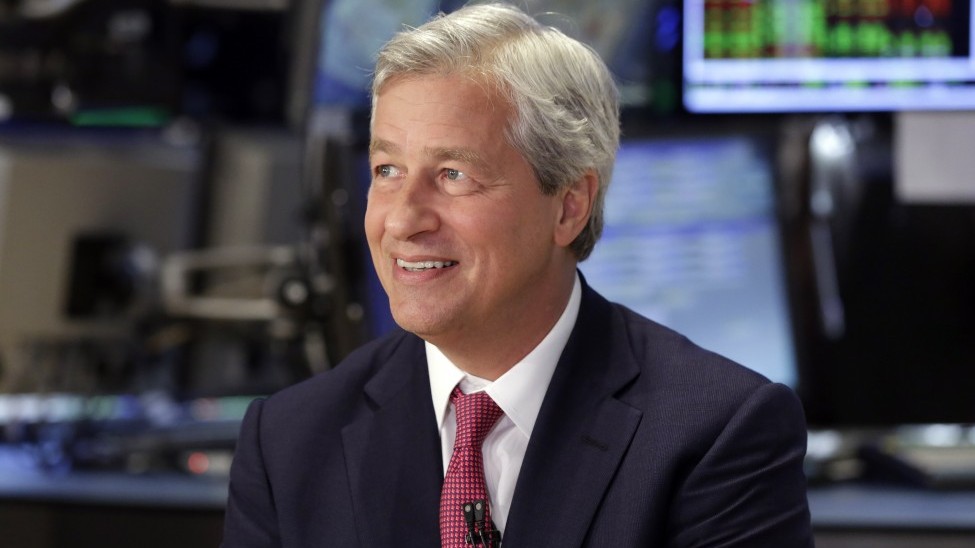BrokerDealer.com/blog update courtesy of extracts from InvestmentNews.com
An appeals court has upheld an arbitration award of nearly $5 million for two brokers who claimed Morgan Stanley misled them during the firm’s recruiting process.
A panel of appellate court judges in California unanimously overturned an earlier ruling in the Superior Court of San Diego County that had vacated the award. In the third decision rendered in the case, the Court of Appeal reinstated the award, denying Morgan Stanley’s claims that a potentially biased arbitrator had interfered with the case.
“Although we conclude the arbitrator failed to make certain disclosures, these undisclosed facts could not cause an objective observer to doubt the arbitrator’s impartiality,” wrote Judge Richard Huffman, in the opinion.
A spokeswoman for Morgan Stanley, Christine Jockle, said the firm disagrees and is still considering how to proceed after the ruling, which was issued Monday.
A lower court had originally vacated the award after Morgan Stanley argued that the industry arbitrator on the panel, who was a broker at a regional firm, failed to disclose his in-laws’ ties to Morgan Stanley and the fact that his daughter allegedly had a brokerage account with Morgan Stanley.
But the appeals court disregarded the notion that any account she had at Morgan Stanley would have had an impact either way on her father’s decision in the matter.
Mr. Huffman also denied the claims that the same arbitrator was biased against Morgan Stanley because the wirehouse recruited a son-in-law who worked at the same firm as the arbitrator. It tried to recruit a second son-in-law but was unsuccessful. Mr. Huffman wrote that Morgan Stanley was aware of those instances before the arbitration began.
“Morgan Stanley was aware of all the allegedly undisclosed facts prior to the subject arbitration,” he wrote. “These undisclosed facts could not cause an objective observer to doubt the arbitrator’s impartiality.”
Mr. Huffman called the firm’s argument “counterintuitive and speculative,” and noted that Morgan Stanley had asked the same allegedly biased arbitrator to sit on a panel in three other arbitration cases in which the firm was a party. Morgan Stanley, which won a substantial portion of at least one of those awards, did not contest the decisions in the other matters.



